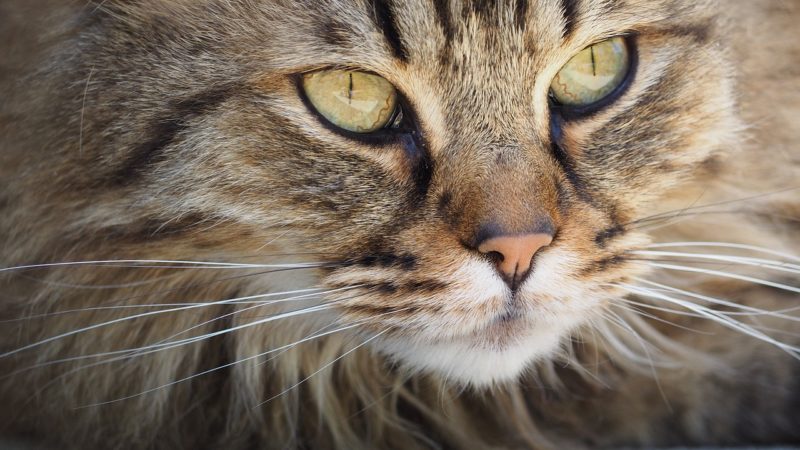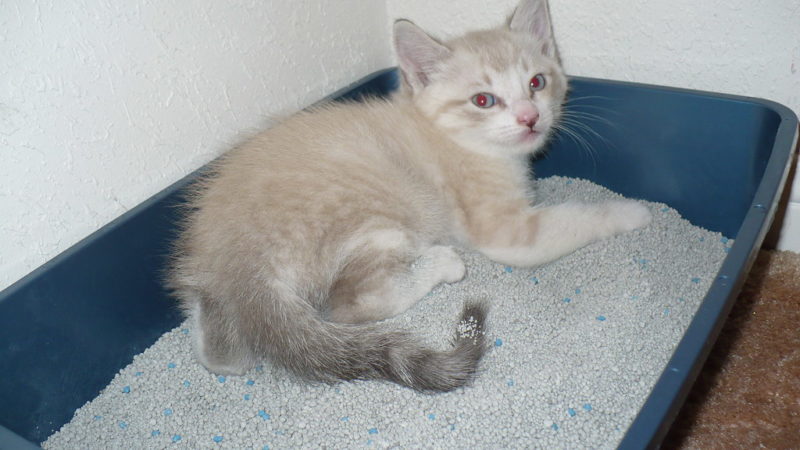Vomiting in Dogs – Causes, Treatment and Prevention

If your dog is vomiting, then there could be varied reasons like he or she might have eaten something or consumed too much food, too fast. However, vomiting can also be caused due to serious issues like your dog is suffering from some medical condition that requires immediate attention or might have consumed some toxic substance.
Whatever is the reason you should not ignore if your dog is vomiting. Here is all you need to know regarding vomiting in dogs, including causes, treatments, and prevention.
Causes of Vomiting in Dogs
Dogs can vomit due to a wide range of reasons; however, some causes are more serious than others.
Sometimes it is easy to determine the causes of vomiting in dogs like you know your dog has consumed something harmful or has chewed up a toy.
However, sometimes it becomes quite difficult to identify the cause of vomiting in dogs. You should always examine the vomit of your dog before you clean it up. Here are some of the causes of vomiting in dogs.
Dietary Causes
One of the most common causes of vomiting in dogs is dietary indiscretion. It often happens if the dog eats table scrap or gets into the trash.
If you want to examine the cause of vomiting in your dog, then you should examine the vomit, once the dog stops vomiting.
If your dog seems in better condition after vomiting, then it might be due to dietary cause, and the issue might be resolved. For the next two days, keep a close eye on your dog and watch for more signs of illness and vomiting.
Health Issues
Vomiting in dogs can also be caused due to more serious issues like gastrointestinal obstruction, toxin ingestion, and more.
According to dog owners, vomiting is one of the most common signs of illness. Vomiting in dogs might be accompanied by lethargy, diarrhea, or loss of appetite.
Knowing the cause of vomiting in dogs is not enough; you should also know how to treat the dog if your dog is vomiting.
Treatment of Vomiting in Dogs
If your dog only had one or two episodes of vomiting, then it is not a serious concern. In such cases, you do not need to seek medical help.
However, you should keep a close eye on your dog regarding how he or she is feeling.
In many cases, as a survival instinct, dogs try to hide illness as long as possible. Many dogs even act as they are totally fine, even if they are sick.
READ MORE: How to Stop Aggression in Dogs?
Examining the Vomit of Your Dog
If your dog vomits, then the first thing you should do is have a look at the substance that your dog has thrown up.
- Does the vomit of your dog have blood, water, or white foam?
- Does the vomit have food?
- Does the vomit contain pieces of clothing, toys, or any other material that is inedible?
- Whether the vomit is mostly bile or mucus?
You can click a photo of the vomit to show it to the vet. Also, you can make notes of the signs of illness in your dog.
Observation Time
It is advised not to feed the dog anymore for several hours after vomiting, but it is crucial to feed him water to avoid dehydration.
If the dog shows no signs of illness after the vomiting for the next 4-5 hours, you can feed him according to his regular routine.
Make sure you have your pet in your observation to check vomiting or any other signs of illness.
When to Consult a Vet
Don’t try to be an expert yourself and give medicines without the advice of the vet.
If the poor thing is vomiting a few times on the first and if it is still going on the second day, it is time to consult the vet.
If the dog has stopped eating from the last 2 days, and there is no vomiting either, still you must consult your vet.
Episodes of diarrhea can occur after or during vomiting. You need to talk to your vet if the dog’s diarrhea does not stop or improve within two days.
Chronic vomiting is also not common among dogs. If the episodes of vomiting in dogs go “on and off” for more than a week, you must get an appointment with the vet to conduct a physical examination. A vet may recommend some additional tests.
In critical situations, you must contact the vet as soon as possible:
- If the dog is inactive and extremely lazy.
- If the dog has developed bloating in the abdomen.
- The dog ingested a toxic object.
- Your dog has ingested some foreign object such as a piece of cloth or toy.
- Back to back vomiting episodes.
- The dog is in pain when you touch his abdomen.
- You notice excessive amounts of blood in the vomiting.
- The dog is having problems breathing.
- The dog shows pale, White, gray, or blue gums.
- You are not sure if the dog’s condition is serious.
Warning
Seek medical help if the dog vomits after drinking or eating for more than 24 hours. It may be a sign of gastrointestinal obstruction or any other severe illness. Keep in touch with your vet to keep your dog healthy.

Water & Food for Vomiting Dogs
If the dog vomits, but it stops after some time, try to feed a bowl of water to your dog. If it goes well, offer some solid food such as boiled chicken and plain white rice. Keep the fat, salt, and seasonings away from your dog’s diet.
The bland food mixture is good to go for a dog in these conditions. If the dog does not eat, do not try to feed him forcefully, you can offer the food after a while.
If the dog eats and does not vomit for an hour, offer a little more food and continue this process for the whole day.
If the dog recovers from vomiting naturally, you can gradually feed the dog his normal foods mixed with bland food.
How to Prevent Vomiting in Dogs?
It is not possible to prevent vomiting in dogs forever, but you still can opt for some steps which can minimize the risk of vomiting.
- Feed high-quality dog food.
- Avoid feeding toxic foods for dogs such as sugar, chocolate, garlic, onion, grapes, and alcohol.
- Keep the dog away from the harmful chemicals and other toxic substances, including cleaning solutions, garden pesticides, and other trash.
- Get rid of the broken pieces and other small sharp objects. Keep the dog in your presence, do not let him alone with those potential dangers.
If your pet shows any signs of illness, contact the vet immediately. For specific illness, questions consult the veterinarian as they are the expert and know the history of your pet.
Article Source: Peta






